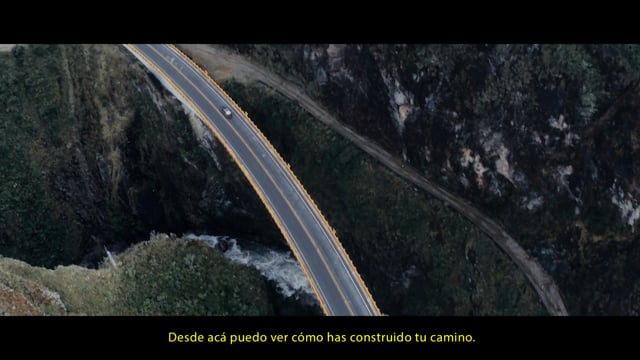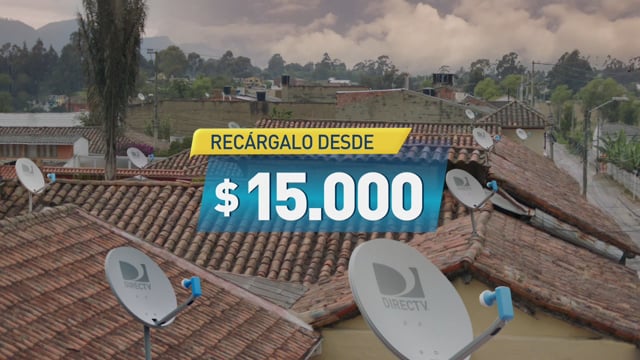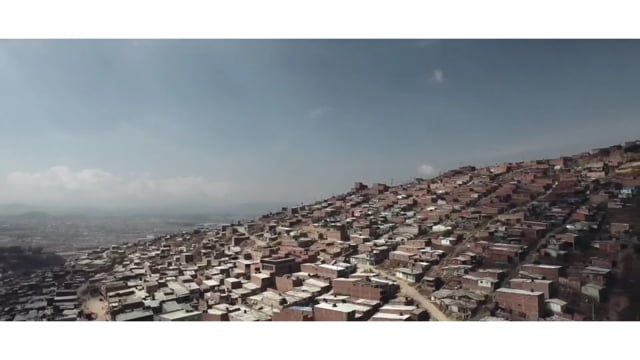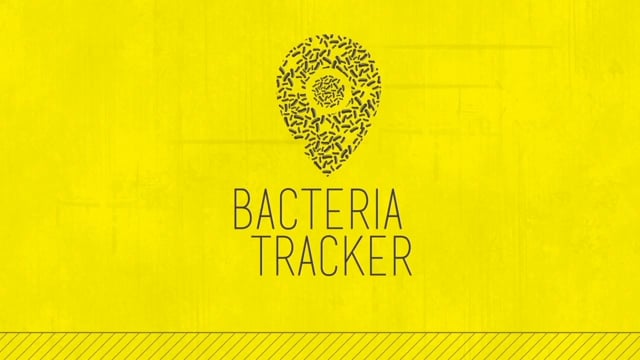Flora for fauna
Illegal wildlife trafficking has prevailed for centuries and today reaches an estimated market value of $19 billion USD (source: Havocscope). The demand for aphrodisiacs containing these ingredients is one of the drivers of this trade and has clearly led to the poaching of endangered animals and plants, many of which risk extinction. China is a significant consumer of these aphrodisiacs, the ingredients for which are sourced from all over the world. Hong Kong is no exception either, with both its own local demand and as a gateway to China. The Colombian Ministry of Environment and Sustainable Development became aware of the demand for its own wildlife species and wanted to stop this illegal activity. So they turned to Geometry Global Colombia, their partner agency since 2014. Meanwhile in Hong Kong, WildBond Hong Kong, a conservation group dedicated to protecting endangered species, was looking for ways to reduce the demand for wildlife aphrodisiac products. Geometry Colombia and Hong Kong decided to take on this and took a novel approach. Instead of trying to change the behavior of the poachers, they would change the behavior of the consumers by subtly redirecting them towards sustainable and environmentally friendly products. And Colombia has the perfect sustainable ingredient: the Chontaduro fruit, known as “Nature’s Viagra,” is believed to have powerful aphrodisiac powers and has been used for centuries by the Afro-Colombian communities of the Pacific Coast of Colombia. Bringing in the expertise of Geometry’s two offices, Geometry Global embarked on a complex project to invent new products with this fruit and create a new brand that would appeal to the Chinese buyer of erotic merchandise and aphrodisiacs. Hong Kong team transcreated the original myth of Colombian fruit for the Chinese audience, explored the channels and the trade, led brand identity and packaging design, and identified the best possible formulations needed for these channels. Multiple products were developed including massage oil, candles, and an energy drink, and marketed under a provocative Chinese brand name (She Shou Tao, or “Orgasmic Peach”) with a compelling package design to suit this unique sales channel. The products are available in select adult shops and massage parlors in Shenzhen, China. To date, 500 kilos of chontaduro have been used to produce massage oil (sold 3500 bottles), candles (sold 800 units), and an energy drink (sold 3,000 bottles). Direct advertisement created by Geometry Global, Colombia for Colombian Ministry of Environment and Sustainable Development, within the category: Public Interest, NGO.




















